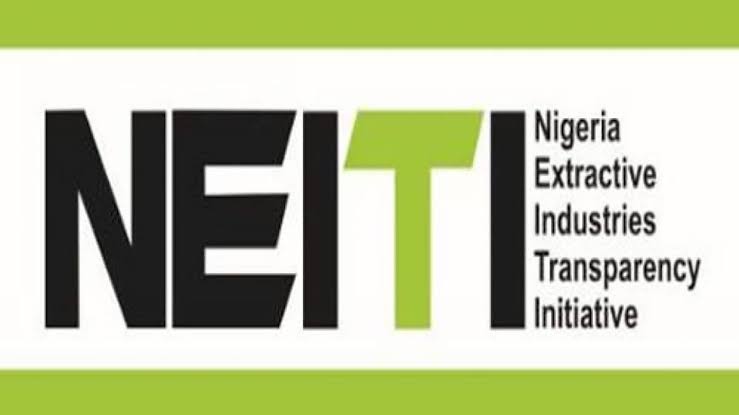The Nigeria Extractive Industries Transparency Initiative (NEITI) has stated that its probing petrol consumption figures in the country following the removal of subsidy by the Federal Government.
In the same vein, NEITI equally advised the government not to go back on its decision to halt subsidy on Premium Motor Spirit, popularly called petrol, despite the opposition against the move.
Executive Secretary, NEITI, Ogbonnaya Orji, disclosed this in Abuja while speaking to journalists on the sidelines of the Stakeholders Validation Workshop on the 2022 Annual Progress Report for Nigeria’s Extractive Industries.
“For a very long time, my disposition has been for the removal of subsidy. And this government, right from day one has taken that bold step. There shouldn’t be any going back.
“We should move forward from there and then put in place a robust arrangement that will show a clear departure from the way and manner we have operated under subsidy. Nigerians want to see what will change when the subsidy is no more.
“And we have highlighted this because we know that subsidies put a lot of impediments on transparency and accountability in the management of revenues from the oil and gas industry over the years,” he stated.
Orji stated that NEITI knew that subsidy removal would throw up a lot of other issues, adding that “one of those issues that we know will happen is the actual consumption figure (of petrol).”
He said, “We believe that the figures that are being thrown up as daily consumption of PMS in Nigeria are not very correct. We think we need to have an empirical figure and that is why NEITI is commissioning a study on the actual PMS consumption in Nigeria.
“We have every reason to believe that the figure may be less than what is being projected and the removal of subsidy has also removed all the incentives for hiking this figure in a manner that lacks empirical and logical reason.
“So the removal of subsidy will remove a lot of opacity and suspicion in budgeting based on estimates. That is why subsidy removal is a very fundamental policy shift that needs to be sustained.”













